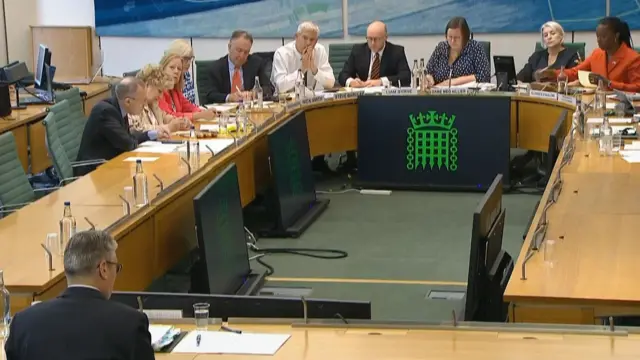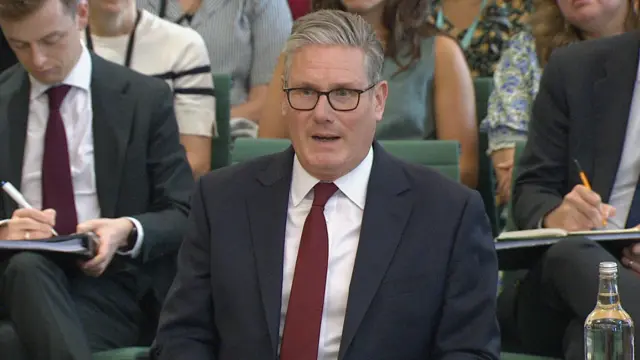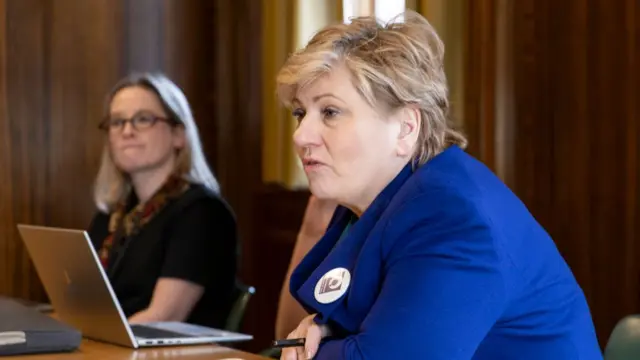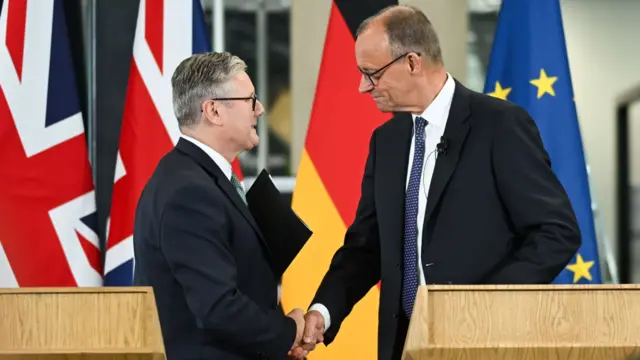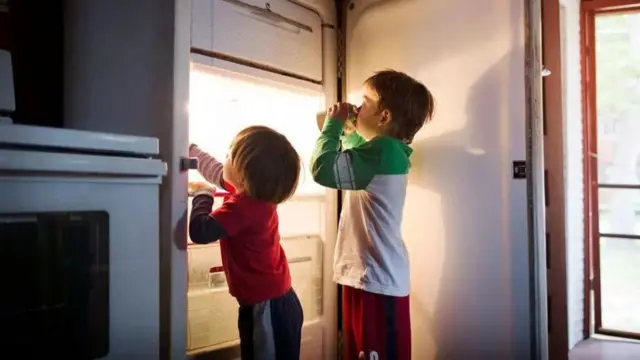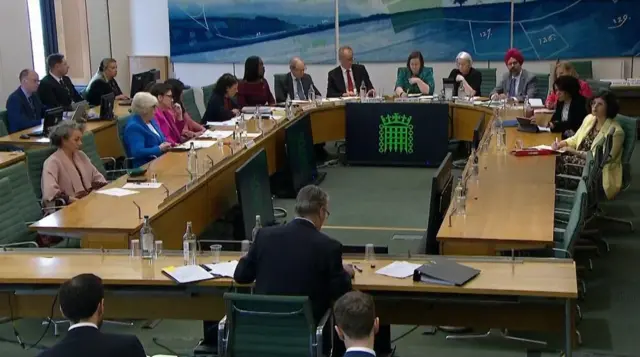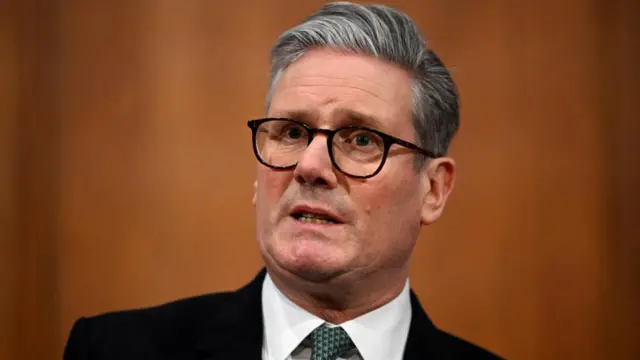Starmer pressed on 'fear and anxiety' caused by welfare billpublished at 15:06 BST 21 July
Watch: PM pressed on 'fear and anxiety' caused by welfare changes
Now Starmer is taking questions from Debbie Abrahams, chair of the work and pensions select committee. She begins by asking him about the government's U-turn over changes to personal independence payment (Pip) eligibility.
Abrahams acknowledges concessions were made but says "the fear and anxiety" caused to disabled people by the bill "cannot be underestimated". She asks what the prime minister would tell them now.
Starmer says helping disabled people to feel support is central to what the government wants to do with welfare, and that he wants employers to do more to help people get back into work.
Abrahams presses him again, and asks what he will do to mitigate against a potential 50,000 newly disabled people being pushed into poverty.
Starmer points out the government has commissioned an independent review looking at helping people into work, which is due to report back with policy recommendations later this year.


